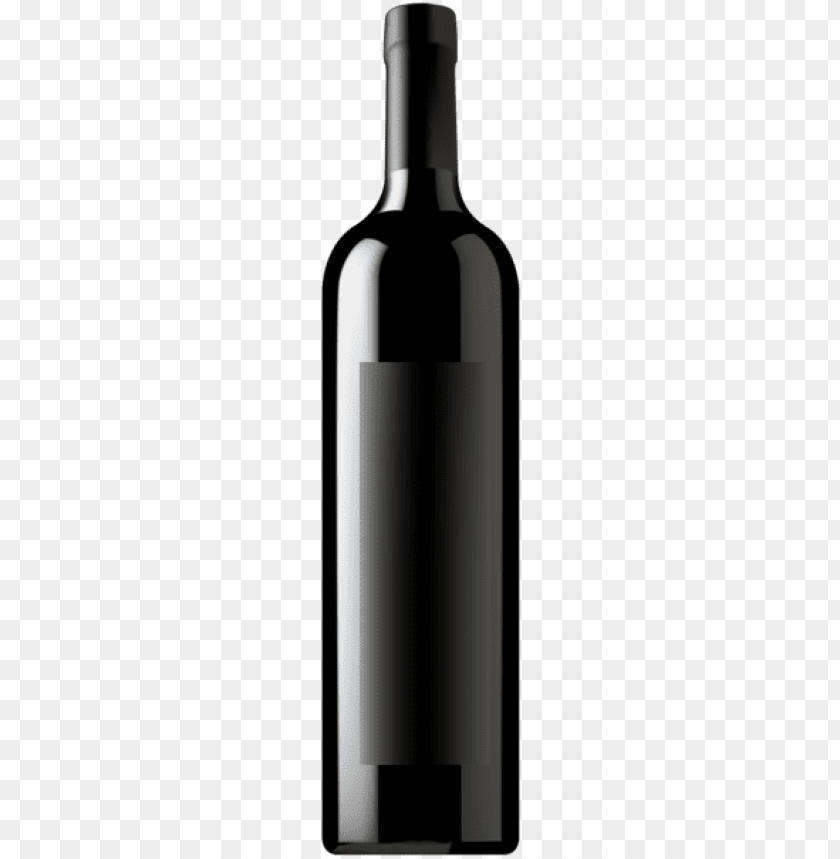An MS Windows Emulator. Wine is a compatibility layer capable of running Windows applications. Instead of simulating internal Windows logic like a virtual machine or emulator, Wine translates Windows API calls into POSIX calls on-the-fly, eliminating the performance and memory penalties of other methods and allowing you to cleanly integrate Windows applications into your desktop. Download Wine for Mac & read reviews. Sometimes, you need to run Windows on another system. Wine makes this process seem too easy. Download Latest Version wine-3.0.tar.xz (19.7 MB) Get Updates. Get project updates, sponsored content from our select partners, and more. Get notifications on updates for this project. Get the SourceForge newsletter. Get newsletters and notices that include site. Wine List Scanner. Scan any wine list to see the rating and review of each wine on the list, helping you pick the right wine every night out. Send a download link.
Translations of this page:简体中文Nederlands
Installing WineHQ packages
The WineHQ repository key was changed on 2018-12-19. If you downloaded and added the key before that time, you will need to download and add the new key and run sudo apt update to accept the repository changes.
Ubuntu 18.04/Linux Mint 19.x do not provide FAudio, which is a dependency of current Wine. Follow the instructions in https://forum.winehq.org/viewtopic.php?f=8&t=32192 to install FAudio from the OBS. (FAudio packages for Ubuntu 19.10 and later are in the distro's universe repository.)

If you have previously installed a Wine package from another repository, please remove it and any packages that depend on it (e.g., wine-mono, wine-gecko, winetricks) before attempting to install the WineHQ packages, as they may cause dependency conflicts.
If your system is 64 bit, enable 32 bit architecture (if you haven't already):
Download and add the repository key:
Add the repository:
| For this version: | Use this command: |
|---|---|
| Ubuntu 21.04 | sudo add-apt-repository 'deb https://dl.winehq.org/wine-builds/ubuntu/ hirsute main' |
| Ubuntu 20.10 | sudo add-apt-repository 'deb https://dl.winehq.org/wine-builds/ubuntu/ groovy main' |
| Ubuntu 20.04 Linux Mint 20.x | sudo add-apt-repository 'deb https://dl.winehq.org/wine-builds/ubuntu/ focal main' |
| Ubuntu 18.04 Linux Mint 19.x | sudo add-apt-repository 'deb https://dl.winehq.org/wine-builds/ubuntu/ bionic main' |
Update packages:
Then install one of the following packages:
| Stable branch |
|---|
| Development branch |
| Staging branch |
If apt complains about missing dependencies, install them, then repeat the last two steps (update and install). See the FAQ entry on dependency errors for tips on troubleshooting dependency issues.
If you have previously used the distro packages, you will notice some differences in the WineHQ ones:
- Files are installed to /opt/wine-devel, opt/wine-stable, or /opt/wine-staging (depending on which version you installed).

- Menu items are not created for Wine's builtin programs (winecfg, etc.), and if you are upgrading from a distro package that had added them, they will be removed. You can recreate them yourself using your menu editor.
- Binfmt_misc registration is not added. Consult your distro's documentation for update-binfmts if you wish to do this manually.

- WineHQ does not at present package wine-gecko or wine-mono. When creating a new wine prefix, you will be asked if you want to download those components. For best compatibility, it is recommended to click Yes here. If the download doesn't work for you, please follow the instructions on the Gecko and Mono wiki pages to install them manually.

- Beginning with Wine 5.7, the WineHQ Ubuntu packages have an optional debconf setting to enable CAP_NET_RAW to allow applications that need to send and receive raw IP packets to do so. This is disabled by default because it carries a potential security risk, and the vast majority of applications do not need that capability. Users of applications that do need it can enable CAP_NET_RAW after installing Wine by running
and answering yes to the three questions. (Substitute devel, staging, or stable for <branch> in the above command.)
Download Wineth
Installing without Internet
To install Wine on an Ubuntu machine without internet access, you must have access to a second Ubuntu machine (or VM) with an internet connection to download the Wine .deb package and its dependencies.
On the machine with internet, add the WineHQ repository and run apt update as described above.
Next, cache just the packages necessary for installing wine, without extracting them:
Copy all of the .deb files in /var/cache/apt/archives to a USB stick:
Finally, on the machine without internet, install all of the packages from the flash drive:

The same instructions can also be used for an offline installation of the `winehq-staging` packages.
Compiling WoW64
Ubuntu's implementation of Multiarch is still incomplete, so for now you can't simply install 32-bit and 64-bit libraries alongside each other. If you're on a 64-bit system, you'll have to create an isolated environment for installing and building with 32-bit dependencies. See Building Biarch Wine On Ubuntu for detailed instructions for Ubuntu using LXC, and Building Wine for general information.
See Also
- Official WineHQ packages.
- Multiarch in Wine build dependencies
An application that allows users to run Windows applications in Linux operating systems
What's new in Wine 5.0:
- Builtin modules in PE format.
- Multi-monitor support.
- XAudio2 reimplementation.
- Vulkan 1.1 support.
Wine stands for 'Wine is not an emulator' and it is an open source command-line software that's capable of translating Windows API calls into POSIX calls on-the-fly for integrating Windows applications into your Linux/UNIX desktop. For regular Linux users, the above means that the Wine software will allow them to run applications which are designed to be installed only on Microsoft Windows operating systems.
It's not a virtual machine or an emulator
However, Wine should not be confused with a virtual machine or an emulator. It provides binary compatibility, support for graphics, sound interaction, as well as support for modems, networks, scanners, tablets, keyboards, and other devices. The software’s API allows developers to integrate Wine in their projects, and as a result, numerous graphical user interfaces, both free and commercial, appeared on the Internet over the years.
Numerous GUIs exist
PlayOnLinux, Crossover, Q4Wine, Bordeaux, Pipelight, Swine, WineXS, and winetricks are some of the most popular Wine GUI (Graphical User Interface) front-ends on Linux. On Mac OS X you can use the Wineskin, WineBottler and osxwinebuilder apps. Also, the application is not only supported on the Linux platform, as it is also compatible with other POSIX-compliant operating systems, such as BSD (FreeBSD, PC-BSD), OpenSolaris, and Mac OS X.
A vast amount of Windows apps and games are supported
We can’t list here all the applications that are compatible with Wine, but we can assure you that most of them are. In order to find out if a certain apps runs on Linux via Wine, we suggest to test it yourself. Numerous Windows games also work well on Wine, which can be configured to support Windows XP, Windows 2003 Server, Windows Vista, Windows 2008 Server, Windows 2008 R2 Server, Windows 7 and Windows 8 operating system.
Bottom line
Considering the fact that the Linux and Open Source software ecosystem is thriving with many alternatives to popular Windows apps, we feel obligated to suggest Wine only to those of you who are really tight to a certain application that has no correspondent in the Linux world.
Filed under
Wine was reviewed by Marius NestorDownload Wine
This enables Disqus, Inc. to process some of your data. Disqus privacy policyWine 5.0
Softpedia Editor's Pickadd to watchlistDownload Wineq
send us an updateDownload Winehq
- runs on:
- Linux
- main category:
- System
- developer:
- visit homepage